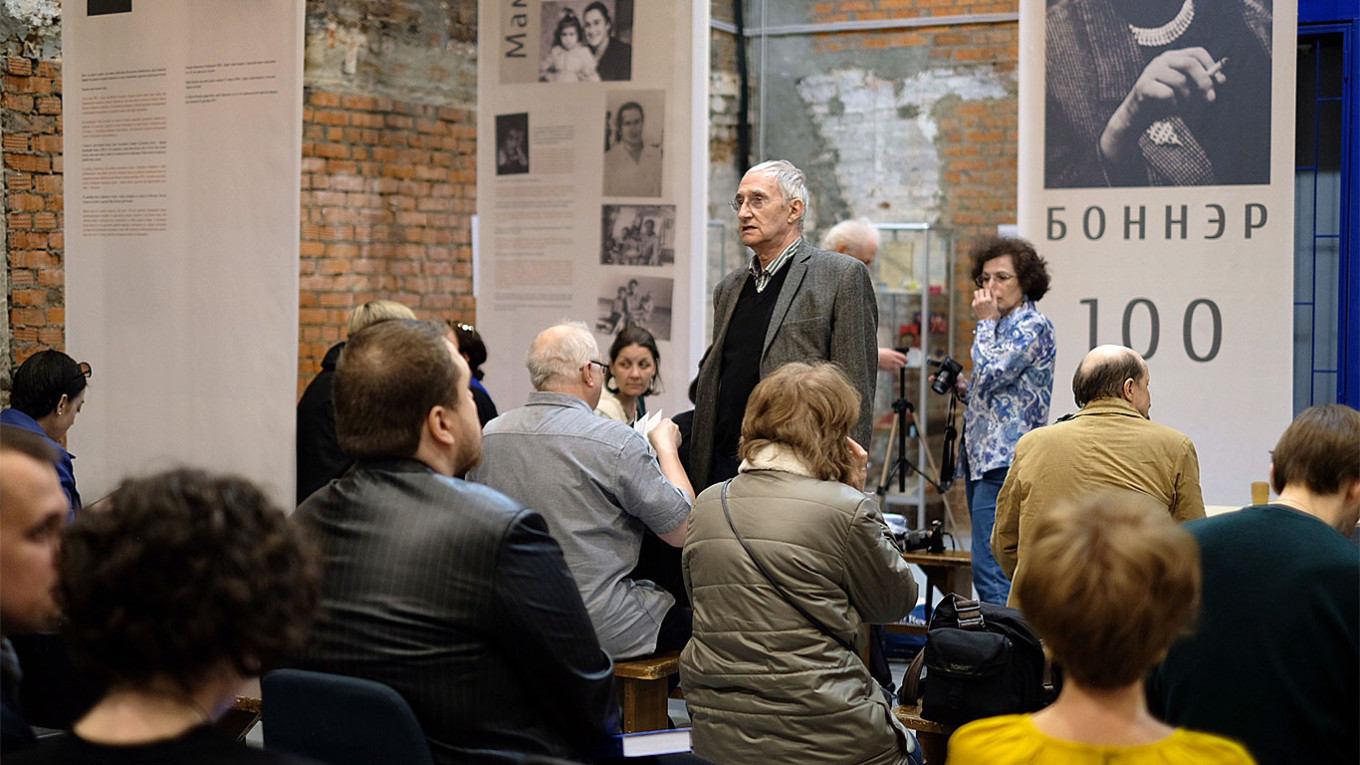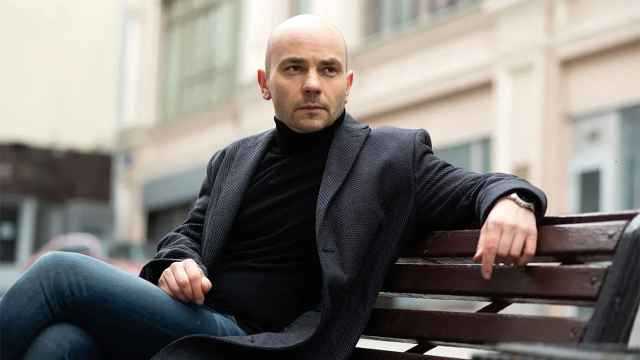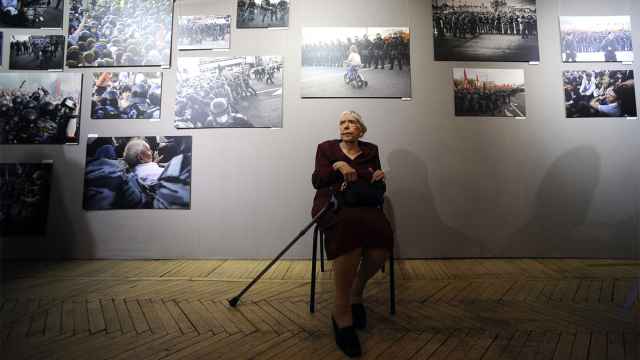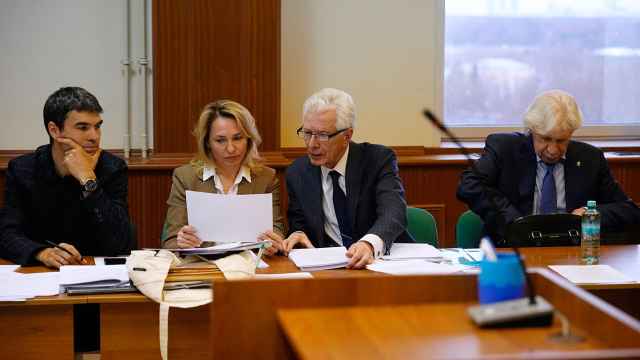MOSCOW – Human rights group the Sakharov Center held its final public event Sunday before closing down its premises in the center of the Russian capital as a result of an eviction order from the local authorities.
“What I’m feeling is a light sadness — wonderful people have come here and it’s a pleasure to see their faces and inspired eyes,” Vyacheslav Bakhmin, a veteran human rights activist and chairman of the board of the Sakharov Center, told The Moscow Times.
“But at the same time it’s our last event.”
The Sakharov Center, which has been a rare island of free debate in downtown Moscow for almost three decades, was crowded with visitors who came to say goodbye to an iconic institution.
The eviction comes amid a broad crackdown on dissent in Russia that has intensified since the invasion of Ukraine and seen unprecedented pressure on independent journalists, human rights groups and opponents of the war.
The event included farewell speeches by prominent human right activists, as well as a poetry reading and a short concert.
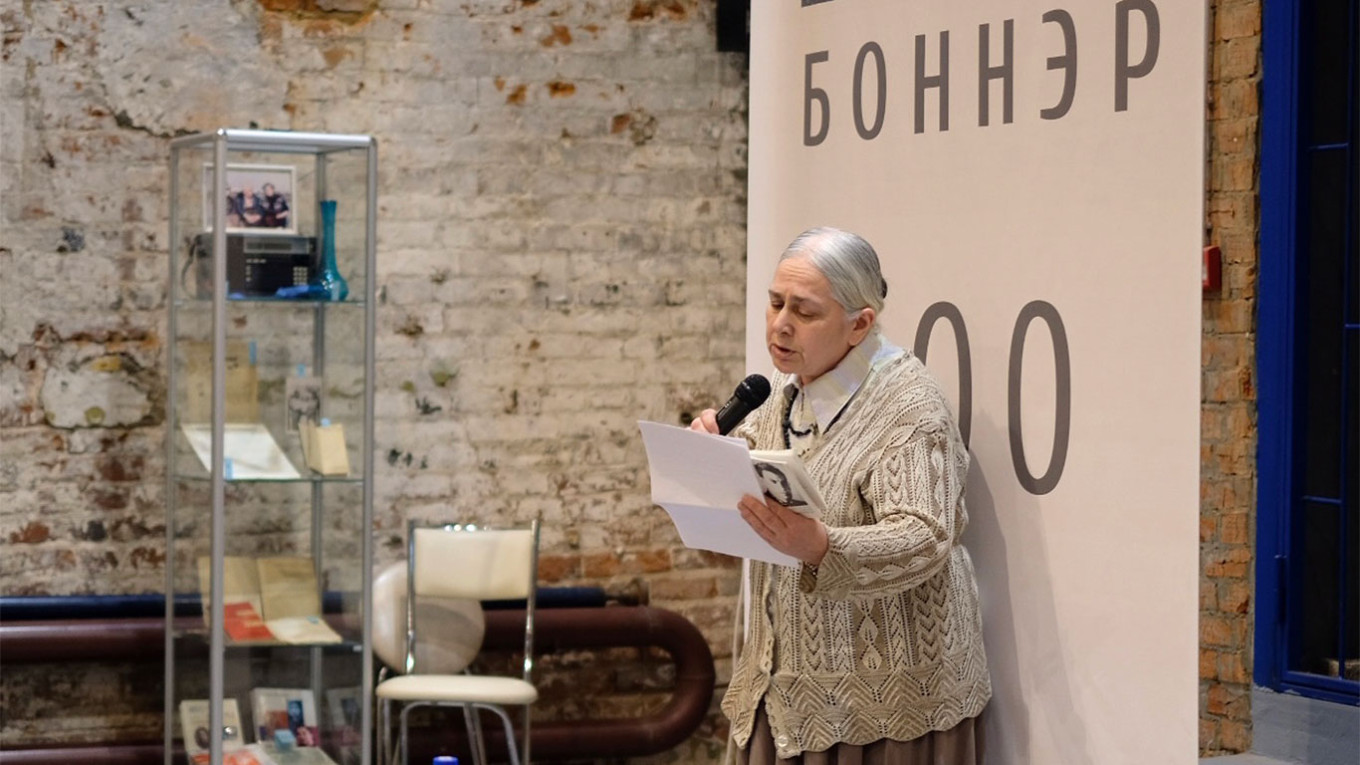
Some of those in attendance appeared to be struggling to hold back tears.
“Freedom cannot be shut down. Freedom is inside a person,” Bakhmin told The Moscow Times at the event, which was formally about the closing of an exhibition on Yelena Bonner, the wife of Soviet dissident Andrei Sakharov after whom the center is named.
One of those in attendance was Yan Rachinsky, the co-head of Russia’s shuttered Memorial human rights organization that was a joint recipient of the Nobel Prize last year.
“It’s a serious loss, not just for the center itself but for Russian society,” he told The Moscow Times.
“But I think it won’t be for long.”
Rachinsky was not the only one present at the Sunday event who expressed hope that the Sakharov Center would one day be able to resume its work.
Human rights campaigner Yelena Sannikova who read a number of poems including those of Ukrainian poet and Soviet dissident Vasyl Stus said that, while it was a “sad” day, she felt “no sense of tragedy.”
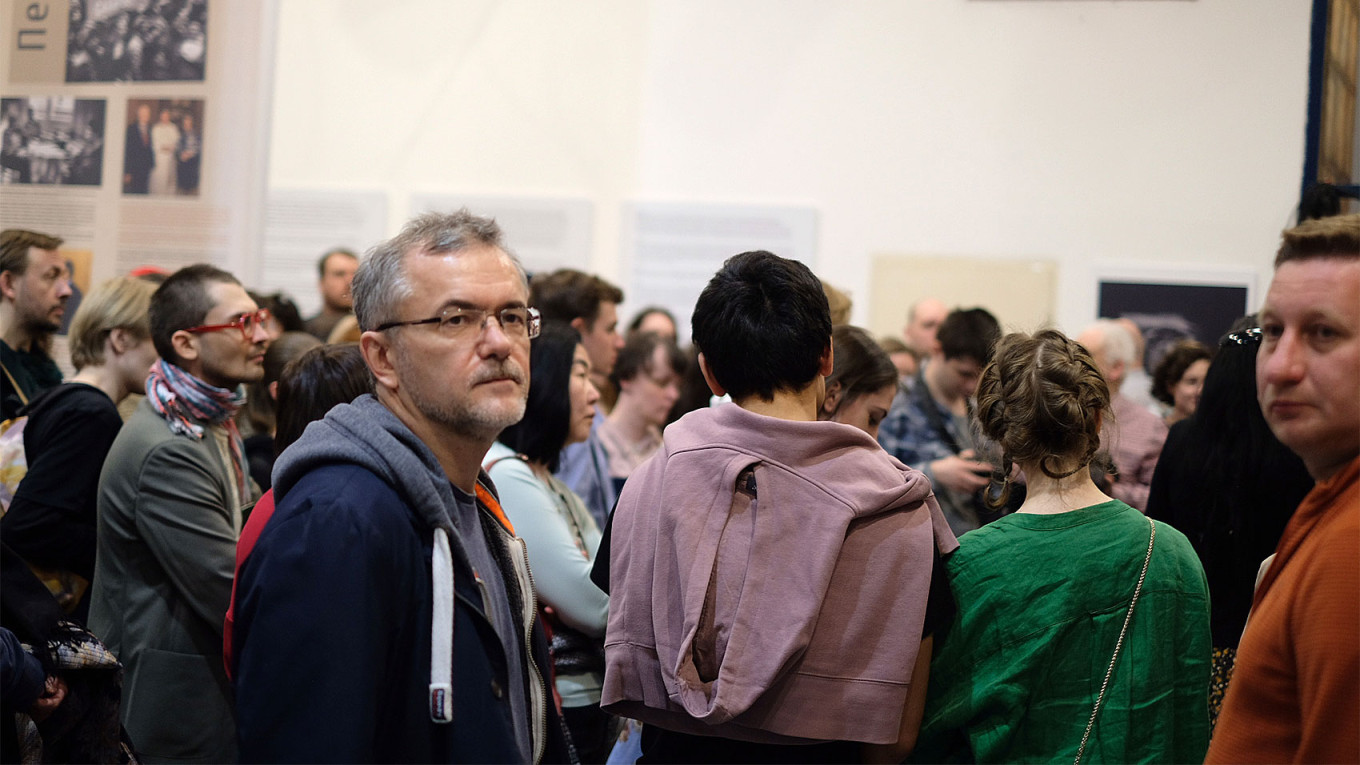
“History shows that hard times always come to an end and intense pressure gives even more strength to resist,” Sannikova, herself a former political prisoner, told The Moscow Times.
“There are so many people here which means that everything will be revived one day just like grass grows through new asphalt.”
Along with poetry, the event included the performance of songs written by Soviet poet and dissident Alexander Galich and musician Bulat Okudzhava.
It ended with a tour of the exhibition dedicated to Bonner, who established the center in 1996.
Formally, the decision to evict the Sakharov Center was a result of the organization’s designation as a “foreign agent” in 2014 ("foreign agents" are forbidden by law from receiving state support).
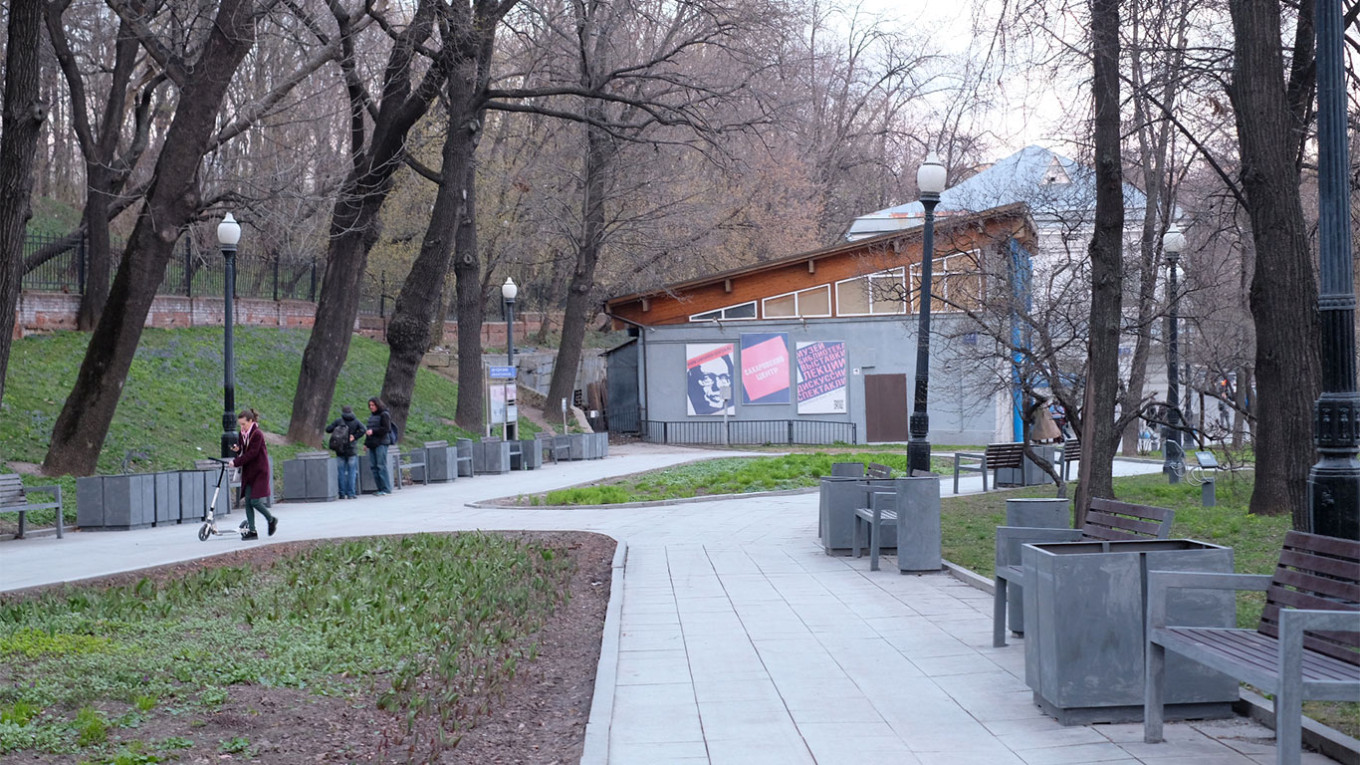
But the Sakharov Center has said that the eviction is an attempt to shut down ”independent organizations that defend the public interest.”
The premises by the banks of the Yauza River must be fully vacated by April 28.
There are currently no plans to open a new center, according to Bakhmin, and the human rights group’s work will now take place entirely online.
The eviction was an attempt “to suppress the physical manifestation of Sakharov’s ideas of human rights, freedom and peace,” said former Moscow Duma deputy Yulia Galyamina, who attended the final event.
“Yet, it is impossible to destroy Sakharov’s ideas by ‘destroying’ a building,” she told The Moscow Times.
“They are in the heads and in the souls of people.”
A Message from The Moscow Times:
Dear readers,
We are facing unprecedented challenges. Russia's Prosecutor General's Office has designated The Moscow Times as an "undesirable" organization, criminalizing our work and putting our staff at risk of prosecution. This follows our earlier unjust labeling as a "foreign agent."
These actions are direct attempts to silence independent journalism in Russia. The authorities claim our work "discredits the decisions of the Russian leadership." We see things differently: we strive to provide accurate, unbiased reporting on Russia.
We, the journalists of The Moscow Times, refuse to be silenced. But to continue our work, we need your help.
Your support, no matter how small, makes a world of difference. If you can, please support us monthly starting from just $2. It's quick to set up, and every contribution makes a significant impact.
By supporting The Moscow Times, you're defending open, independent journalism in the face of repression. Thank you for standing with us.
Remind me later.



